Guestpost – How to Plan a Unit Study
This blog post does not contain affiliate links because we think you should borrow books from your library if you can, or get them second hand or from where ever you personally want to buy books. Not just amazon because it might make us some money. You can read more about our affiliate policy here.
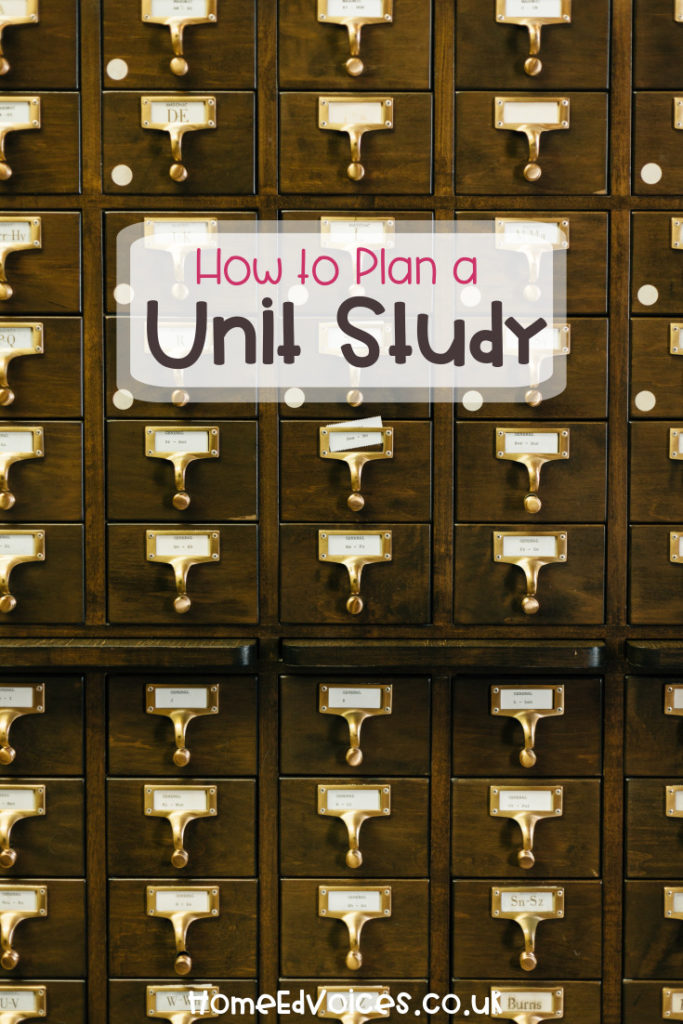
Today we are lucky enough to have a guest post from friend of the blog, Daksina.
(If you’d like to write something for the blog, you can find more information on our submissions page.)
When we first started homeschooling, I did what probably everyone else did, and turned to the internet to read everything I could. I wanted to know how many hours people spent teaching, whether they combined subjects, or taught them separately, whether they used boxed curriculums or picked and chose what they wanted.
I came across several bloggers who shared how they used a thing called Unit Studies to give their children a more wholesome and contextualised learning experience. So I started small and tried to pull something together for my little one. I honestly can’t even remember what we chose to study…China rings a bell, but who knows! But that was the beginning of our Unit Study journey and we haven’t looked back ever since!
I recently shared my Unit Study on Coronavirus and several people asked how I had put it together. Since then, several more people have reached out and asked if I could share how I homeschool kids of different ages, so I thought I would share that here today.
Reading is the heart of our homeschooling, and also our unit studies. We do a lot of reading aloud and have conversations and debates about our chose topic. For our family, that is where most of the learning happens, for all of us, but we do use some other resources as well.
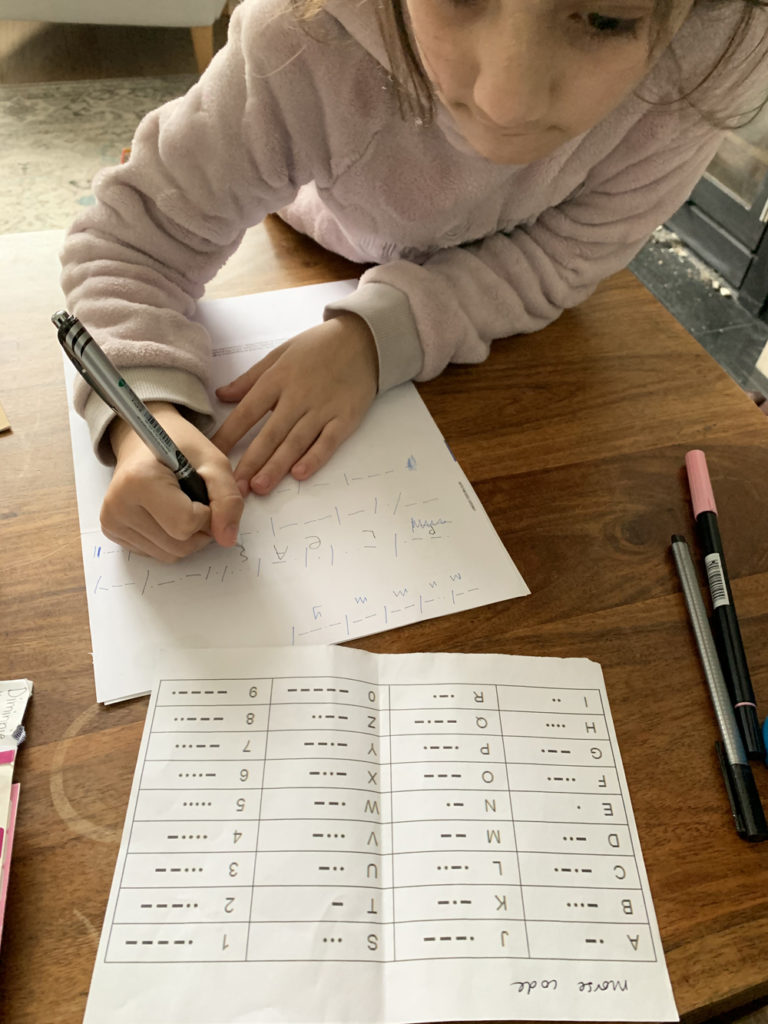
So let me start at the beginning and walk you through my process:
What is a unit study?
Unit Studies are a way of weaving together our learning in meaningful ways. It is learning within context. It is combining all the traditional school subjects around one area of interest.
There are thousands of free unit studies available online, or you can purchase them too. I prefer to compile my own so I can personalise them to our interests and needs.
How do I choose a topic?
We follow an interest-led style of homeschooling so I usually choose something my kids are already interested in, or sometimes even a topic that I want to learn more about.
Last year, my daughter developed a love for Greek Myths. She listened to audiobooks, read ALL the books she could get her hands on, and even started writing her own stories. So I took this as an opportunity to delve deeper into the subject and also broaden the scope a little to study Ancient Greece. A few months later, we started reading I am Malala together, and from that, rather organically, and unplanned, we found ourselves doing a little unit study on Pakistan and Afghanistan! Another time, we spent a few weeks learning about Vikings because my little one was obsessed with the How to Train Your Dragon books.
How do I start?
- I go through all our existing curriculum and books, and pull out anything related to the topic, including books to read aloud.
- I check for any e-resources I may have purchased/downloaded in the past.
- If I find I don’t own enough material to get started, I will take a trip to the library and pick up some books. I used to spend hours scouring Pinterest too, but I don’t tend to do that anymore unless my kids are in the mood for a hands-on craft project.
- I download and print any relevant maps.
- I bookmark a couple of YouTube videos.
- I pull any related games from our games bookshelf.
- If we are studying a “Current Issue” like the Australian Wildfires, Coronavirus, etc. I will pull some news articles and video footage together too.
- Sometimes I will also pull out a recipe or two.
Once I have gathered all my resources, I write down everything I have collected and try to roughly sort them into topics, eg. Geography, History, Biographies, Art, etc. just to see which subjects I can cover. We also do the majority of our language arts through unit studies – so I will use our resources to teach spelling, grammar, and vocabulary. Don’t worry if you have too little, or too much! You don’t have to use it all, and can make the unit study as long or as short as you and your kids would like, and can supplement with extras from the library or google.
Once I have sorted through the ideas by subjects, I can see which areas may need a few extra resources. Bear in mind, it’s not always possible to cover every subject with each unit study – some may be science heavy (Solar System, Human Body), others will be more focused on Geography and/or History (Pakistan, Harriet Tubman, World Wars). If we do 3-4 units a year, I more than likely cover all subjects equally. Anything that doesn’t quite tie in but that I still want to include, I will just throw into our morning basket. I will also keep a few things aside for just my older daughter, whether that’s a writing project, a research topic, a book, or a news report.
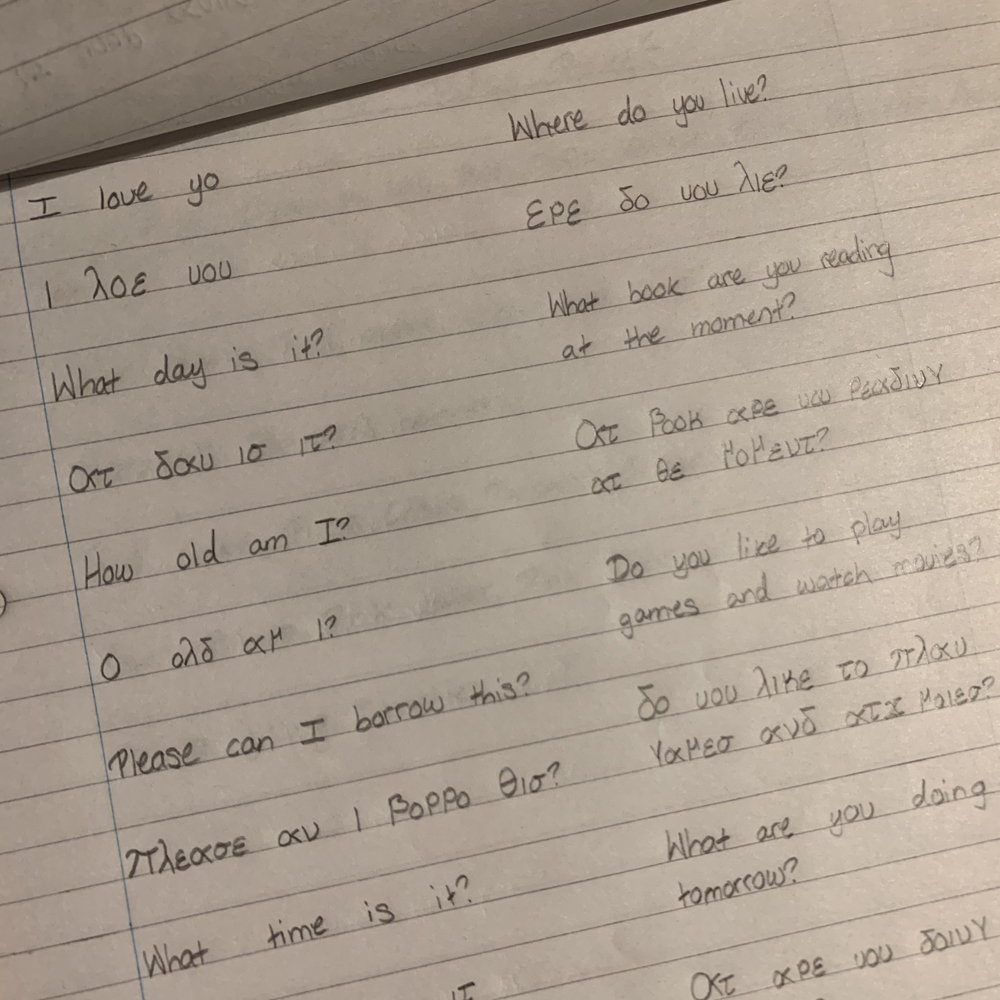
How long do they take?
I’ll admit that when I first started putting my unit studies together, I spent a LOT of time planning. I wanted to be as thorough as possible, as if we could never revisit the subject again! But as I’ve compiled more and more over the years, I’ve gotten quicker, yes, but I’ve also kept them short.
In terms of how long we spend on each unit study, I’ve found that once we start studying a topic, it develops and takes on a life of itself. We might read something that will spark our interest a little more and down a rabbit-hole we go!
Unit studies are a tool to help me, the purpose is not to teach absolutely everything on that topic at one time, as if that is even possible! We spend more time on one area and skip over some parts entirely. So I keep them short-ish, and try to keep it fun for everyone, with as little work for me as possible.
We usually do about 4-6 unit studies a year, depending on how long we spend on each one. The Greek Myths one took longer than others because my kids weren’t ready to finish. And, as a bonus, we were able to top it off with a trip to Athens which was just the best icing on top!
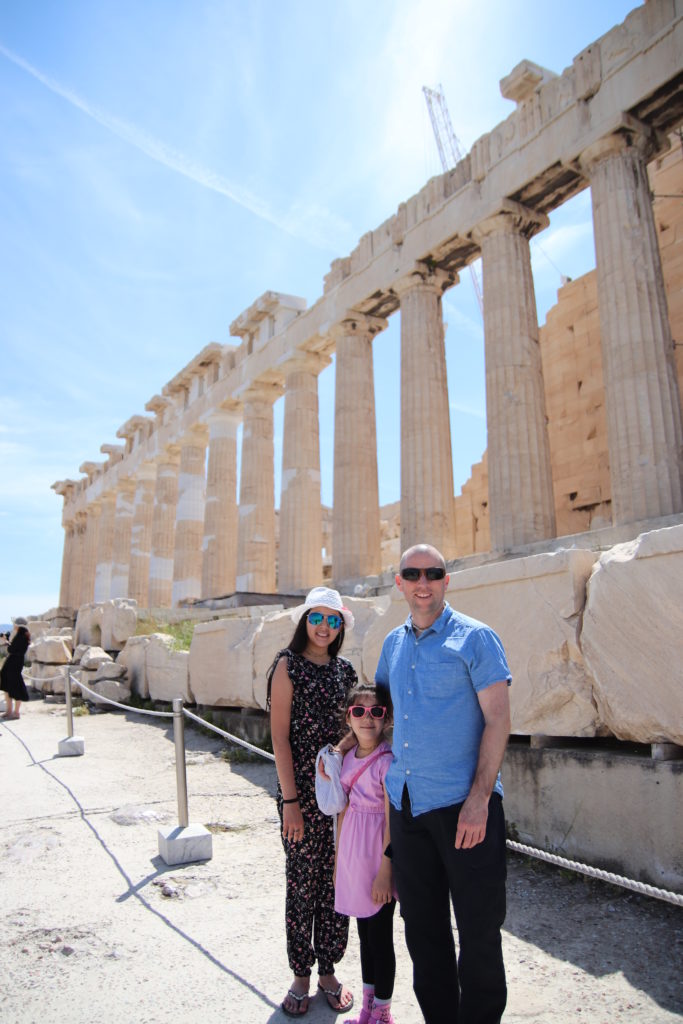
Travel is obviously not always possible, but we try to include some fun family activities whenever we can, whether it’s visiting a museum, in-person, or virtual, watching a documentary on the subject, or taking on online class from Outschool.
What are some Unit Study ideas?
Here are some that we have done throughout the years:
- China
- India
- South America
- Pakistan and Afghanistan
- Russia
- Australia (focusing on the wildfires)
- Amazon Rainforest
- Harriet Tubman and Slavery
- WWII, which in turn led to,
- Secret Codes
- Black Plague
- Ancient Greece
- Ancient Egypt
- Victorians
- Space
- Human Body
- Coronavirus
- Pigs
- Olympics
- Racism
What are some of the main resources I use?
Outschool: https://outschool.com
The Good and The Beautiful: https://www.goodandbeautiful.com/products/pre-k-8-space-science/
Mysteries in Time: https://www.mysteriesintime.co.uk
Expedition Earth World Geography: https://www.confessionsofahomeschooler.com/world-geography
Mystery Science: https://mysteryscience.com/lessons/seasonal/back-to-school
Mystery Doug: https://mysterydoug.com (free)
Netflix documentaries
YouTube (free)
The Library (free)
Wikipedia (free)
Wow in the World podcast (free)
Earth Rangers podcast (free)
Google maps (free)
Books:
A-Z Rhyming Geography – Australia to Zimbabwe A Rhyming Romp Around the World to 24 Countries
Lonely Planet Kids Travel Book and Lonely Planet Kids Cities Book
Usborne Encyclopedias – World History, Geography, and Science
You Wouldn’t Want to Live Without…
How do I keep a record of our learning?
The majority of our learning is done through reading aloud and conversations. Any paperwork, maps, writing projects, art, etc. is filed away and I take lots of photos of the books we are reading and any hands-on projects. At the end of each day, I keep a written record in my planner of what we read, discussed, learned, looked up, watched, listen to, enjoyed, and also of anything that might have come up during the day that I need to research for the following day.
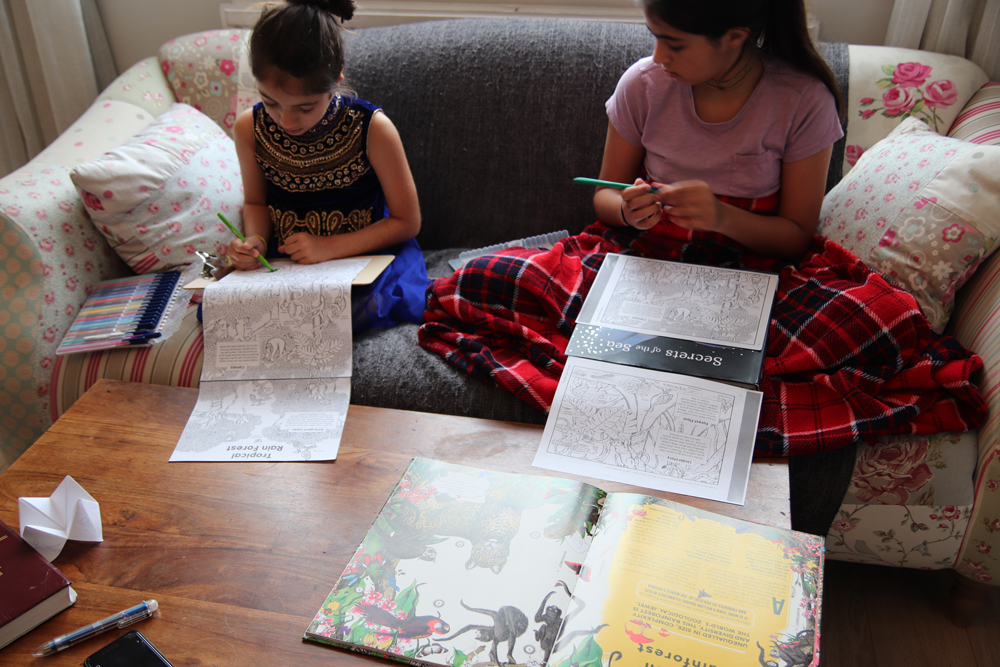
And that’s it! I hope this helps you guys see how you can make learning fun and relevant to your children. You can literally teach anything and everything using unit studies and you can cover all the traditional school subjects this way too.
If you have any questions or comments at all, please leave them below and I will get back to you. If you’d like to connect with me over on Instagram you can find me @daksinabasia.